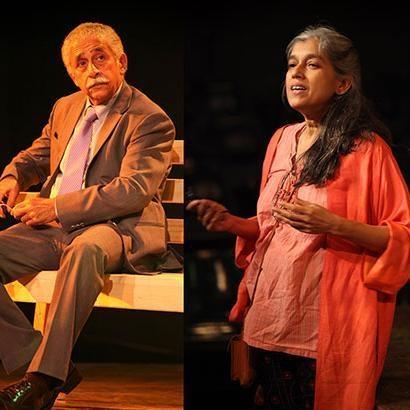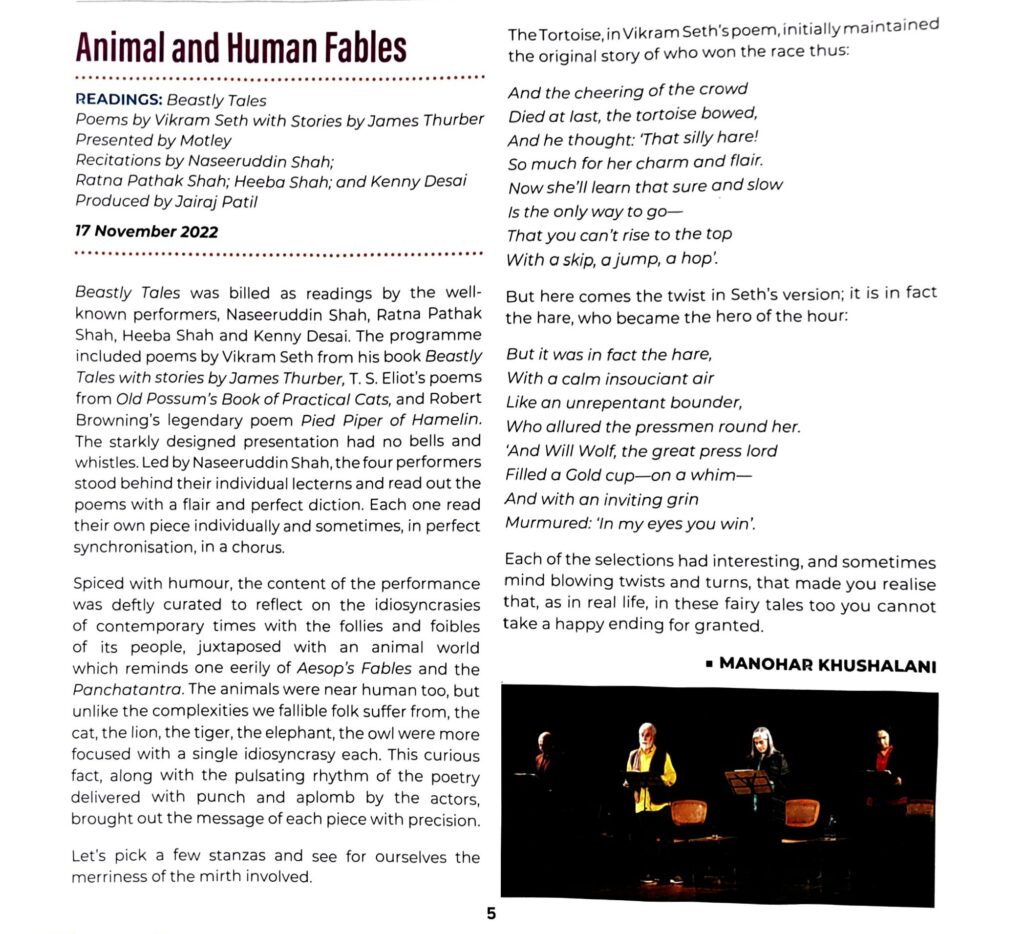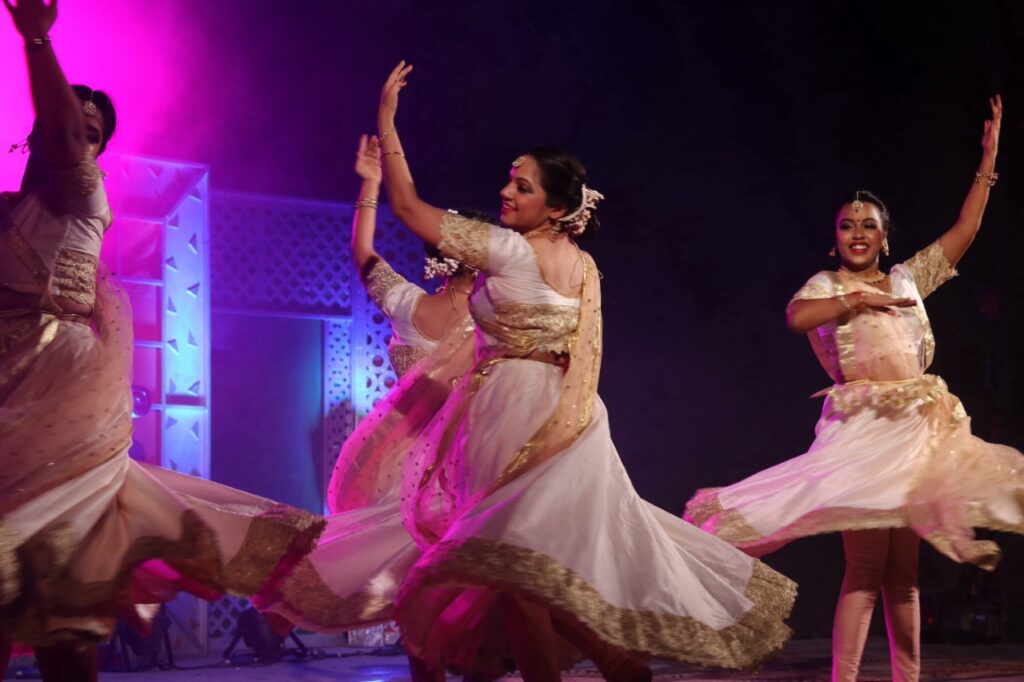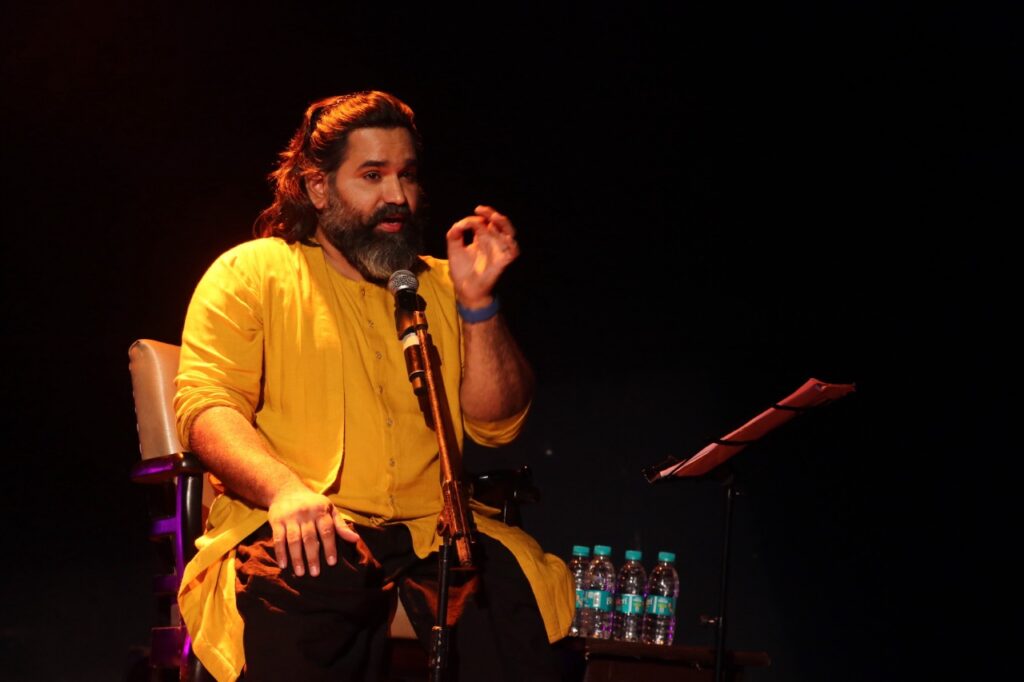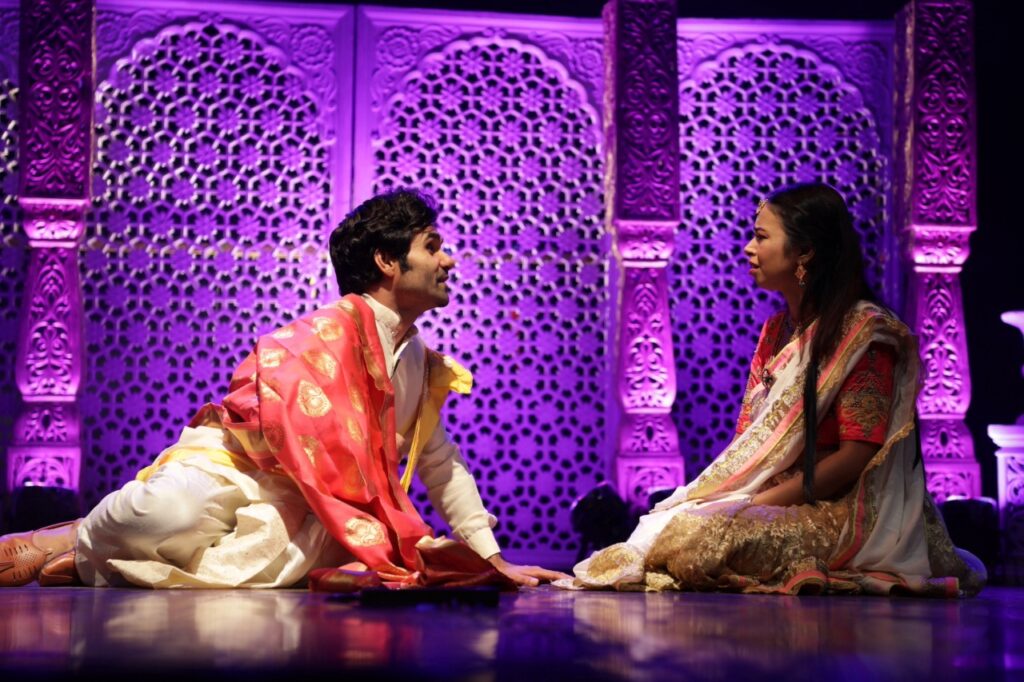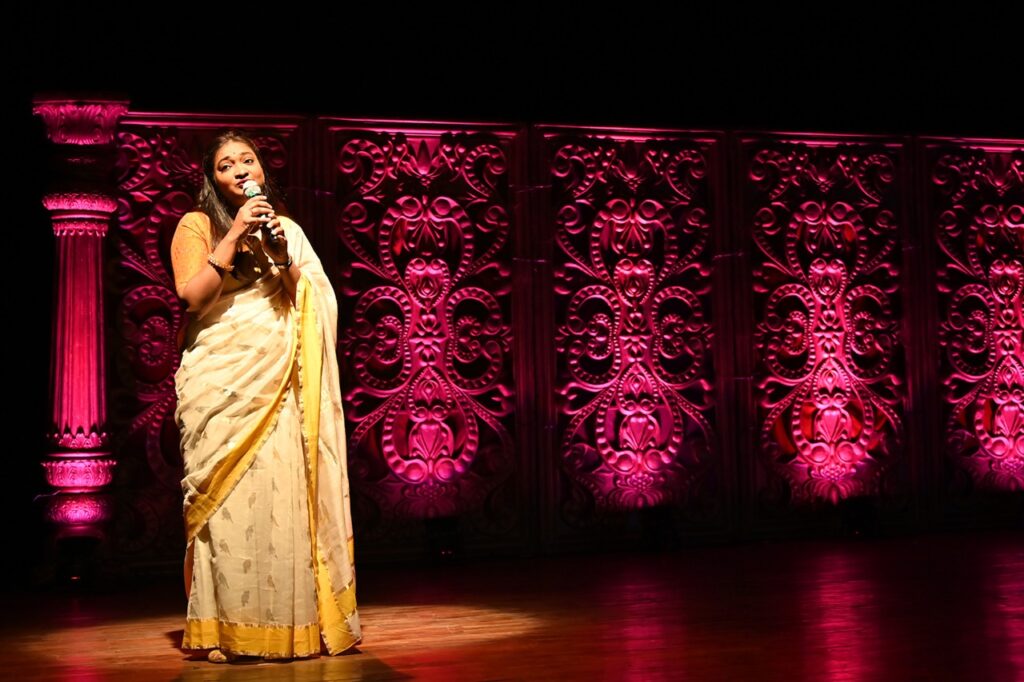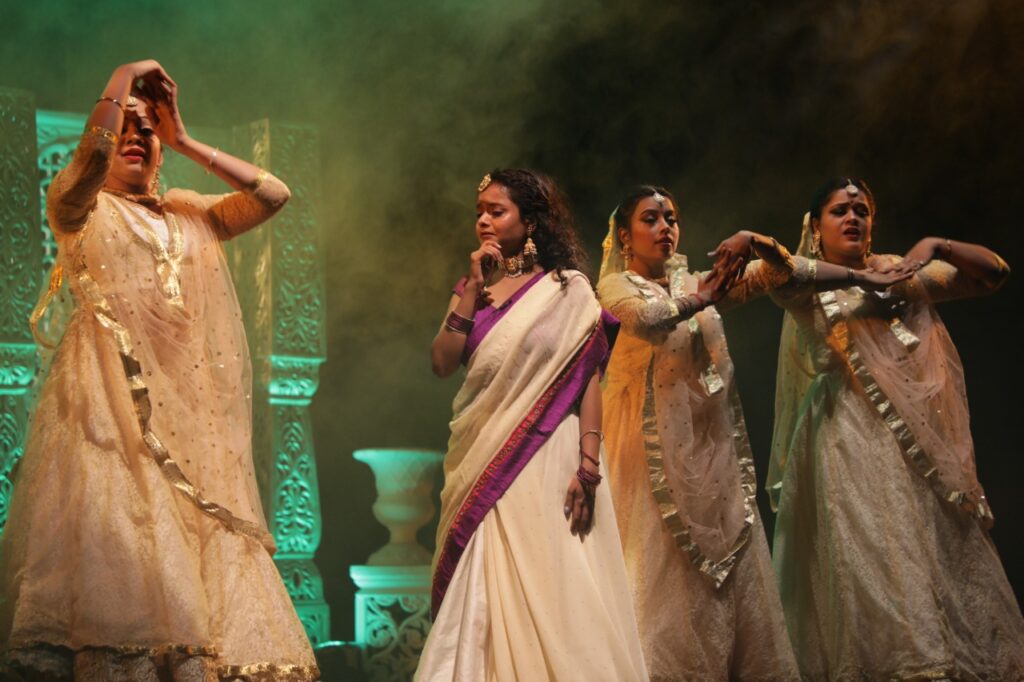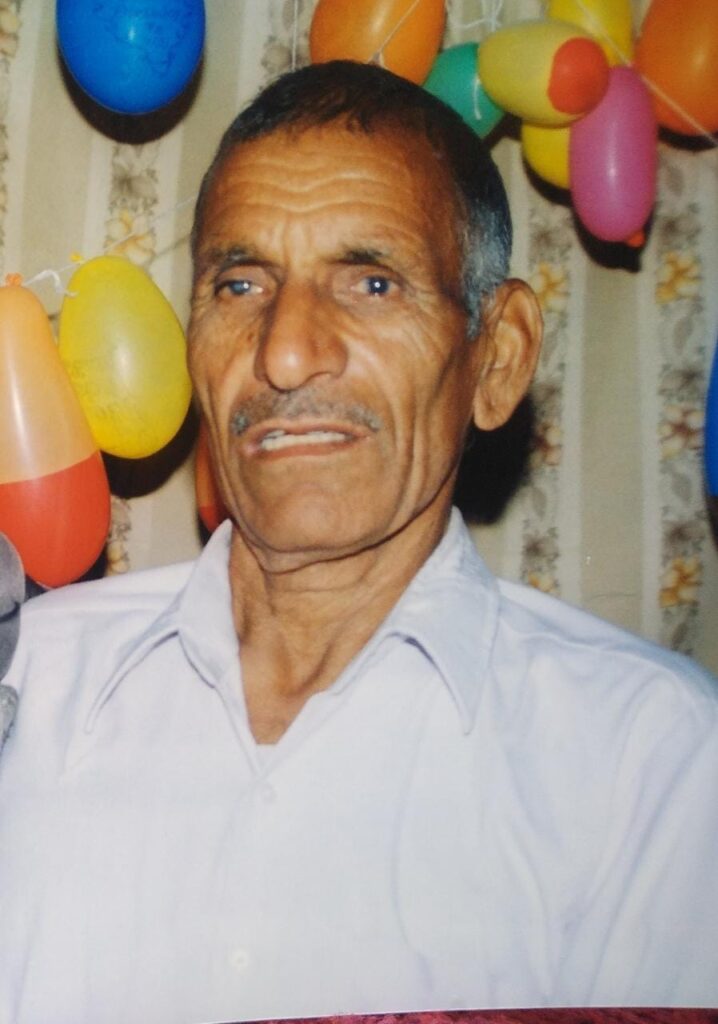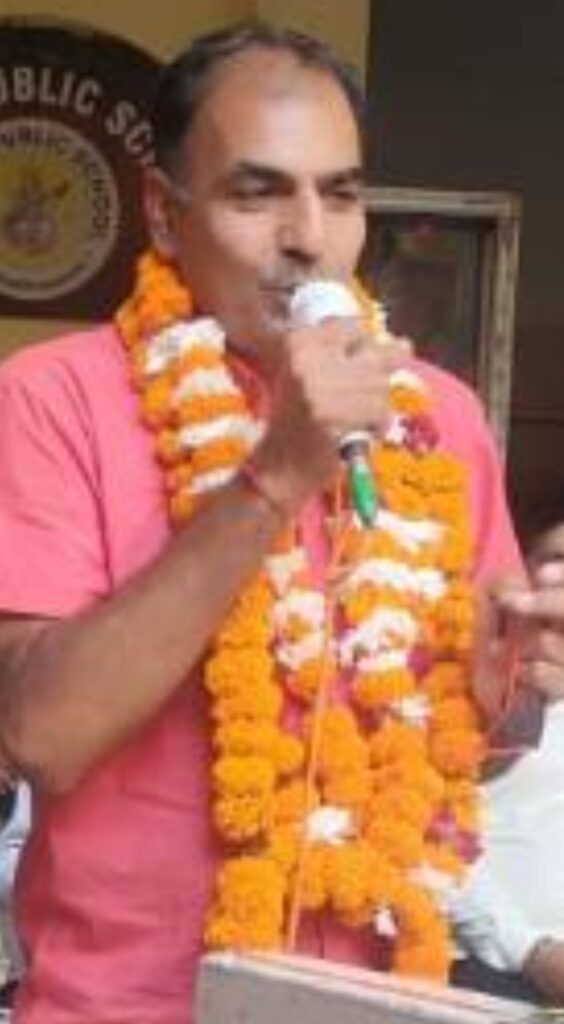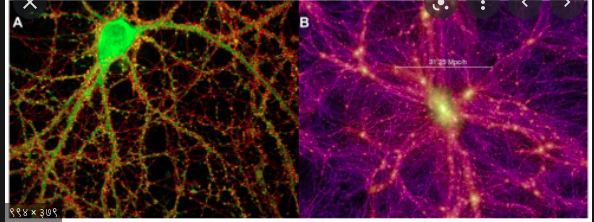Working Women’s Hostel and other poems / Rachna Joshi
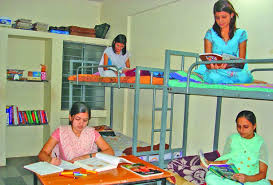
Working Women’s Hostel
High walls, unkempt lawn—
Inside the lounge, a dusty picture of Adhya Jha hangs
Covered with cobwebs.
From the mess, Rajrani waddles through the door
While Jaswant and Babu Lal laze in the sun,
.
It’s the month of Magh
The coldest of the year.
Freezing in heaterless rooms;
Fingers numb with cold, Sheela and Sonia
Wring socks and undies in dingy bathrooms.
Togged up for outings to Hauz Khas village
We drink orange juice at wayside stalls
And splurge on a bandhni sari for lohri
Or the occasional party where you meet the bohemian crowd—
The bearded painter delighting everyone
With an impromptu sketch;
Visits to Belu mamu near Sangam cinema.
Glued to Aap ki Adalat on TV
We hide the hair dryer
From the snooping eye’s of the warden’s pet.
Forging signatures in night-out registers;
We eat Manipuri chicken and dosas
And drink beer in camaraderie
Behind closed doors.
Late at night, when all are asleep.
I can hear Dhaneshwari sweeping the floor,
Rotting food, and cats overturning the garbage bins
As Rajwati bunks the third day.
Everyone waits for release
From the hostel,
Which comforts and cramps
Stifles and protects
Sanctuary or cell.
(From Crossing the Vaitarani, Rachna Joshi, 2008, Writer’s Workshop, Kolkata)
Jageshwar
Twelve ancient temples in Jageshwar.
The initial pines lead to the inevitable deodar.
Its green, dark needles—vertical layers moving in wayward lines.
We tramped (modern half-breeds, urbane, mixed-up),
To seek the benediction of the ancient world.
Like plants that become deformed in their reaching back,
The roots entwined, the leaves losing sap.
The constraints of caste and region have feathered
And tarred our faces. We are the pariah Indians,
The few idealists,
Who seek oneness in a country torn
By every known difference.
Could I say when I reached the humped group of temples
Guarded by the sentinel wind of the Himalayas
That I desired union?The lingam leering at the obscenity of my prurient soul,
The world, yes—the flesh and paradise,
The same old grind-show of everyman and god.
I have tried to taste of the tree of knowledge,
Have aspired beyond the limits
Of an Indian Brahmin girl,
Born with a bewildering array of puritan forefathers
Who recited hymns and shlokas
For all occasions.
For birth, marriage, childbirth, fornication
Adultery, murder and what have you.
With sacred threads and grey ashes,
They broke the coconuts of inauguration.
I rise like a throwback—I muck up everything down the line,
The generations-old intellect, the strict decorum.
My blood wants the palpability of earthly love,
Not to obscure the predatory passions
Within the sanctified code.
Till I passed Jageshwar,
The clotted deodars, the smokewood huts,
The scattered pines, the humped shrines.
Shaggy closeness of rhododendrons, smells of raw peaches,
The leopard-tracks, the wild bird’s cry
The pit-viper’s slither, the pariah’s bark,
The mountain streams and the twisted trees,
The wooden mounds that burn the dead.
I felt like a girl going to harvest new green stalks,
The first of the season,
In an old village set in the pines—with twelve ancient temples
And the bells chiming for the snows across the valley.
(From Configurations, Rachna Joshi, 1993, Rupa & Co., New Delhi)
Writing Poetry
Those days I wanted
To write big poems,
Full of words, blood images, multiple voices, epilogues
And prologues.
It was the first flush of love
After reading the Waste Land.
I wrote about violence, assumed roles, hammered out
Universal truths
In short, I was prolific.
And then condensation—
Like the tower we saw from the cockpit.
Imagining from it Delhi’s green trees, yellow laburnums,
Neat roads;
Leaving out what passed between
Your strange disheveled being—my robust, fanciful self.
And now it seems such a marvelous paradox,
Like a dinosaur that has lived on.
Poetry is dead, Marxism defunct, what survives is computers.
I’m going to California to be a beach bum.
Why has the fragile, the knotted, the perplexing gone?
Einstein who could put e=mc2 on a sheet of paper
And still play the violin.
Words engulf me…intertextuality, semiotics, phenomenology.
Maybe writing was not what I thought.
It is to me warm and moaning, like Gilbert’s Pewter,
The Science of the Night, The Fly, The Seagull.
It is so many things…so many sacraments.
It is Tuesday afternoon…reading what Kath or what Karen
Or what Ruth has to say.
It is Yeats…it is Sheila invoking the loons.
It is my mother at home,
To whom I write of my attempts, my trials, my failures
It is hysteria at times.
And when I glance out…the world has moved away
My childhood has come again…the words I heard
Are still true.
The red mud and dry pine needles of Shillong Peak
Still flow down while I, ten years old, and my brother, fourteen,
Squabble up the mountain trail.
Our boots are muddy, and this is North America.
There is still a blue lake, the leaves are withering.
O look! They fall…and the orange sunlight
Falls full on the trees—the leaves yellow, and brown and red.
And you, my friend, talking of Walden, of Relativity, of intuitions,
Showing me at other times your paper machines, your laboratory,
Your crazy oak tree from the forest of Sherwood.
The trail never ending…the low voices of otter.
It is a deerslayer country, it is the land of the Mohicans.
(From Configurations, Rachna Joshi, 1993, Rupa & Co., New Delhi)
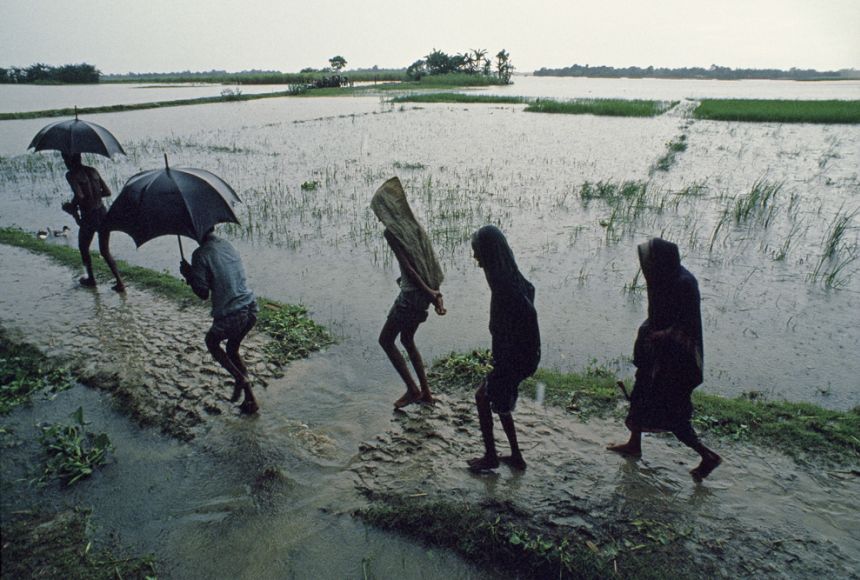
MONSOON
The Yamuna swells
across field and marsh
as wind and water lash the city.
A curtain of rain
catches scooter and cyclist
in its wake.
Rain falls through me
Through my past
Through memory
Through grandmother’s eyes
When they would water.
The magnolias fall to one side
and the Ashok and Eucalyptus
shine with silvery glow.
Telephone lines go bust
electricity and power surge and wane
and connectivity is a poor Morse Code.
E-mails dysfunction
Friends blotted out
News blotted out
What happened to Khashoggi
Did Obama get elected
Or did Urijit Patel resign.
Rain flows out
washes the roads
and fuses the landscape.
The rain unravels like music
Mallikarjun Mansur singing Megh Malhar
Fuzon belting out Saawan beeto jaye piharwa
Jagjit Singh singing of saun da mahina
And woh kaagaz ki kashti, woh baarish ka paani.
A loving refrain
it inundates my being,
envelopes the spirit
washing out the day’s drudgery.
Crossing the Yamuna by metro
I see again scattered hutments
and withered fields of grain
needy farmers waiting
for the river to replenish their fields
by forgetting its banks
and spilling itself widely.
The river will withdraw into its channel,
silt-laden banks will sprout again
lush and green.
I too feel like rich accumulated
silt, ready for the language
of change to grow in me, say
things I’ve never said before.
(From Monsoon and Other Poems, Rachna Joshi, 2020, Tethys, New Delhi)
